A lot is also changing in the market for pre-cut herbs: Old classics continue to have a leading position in gastronomy and retail, but in the international cuisine, increasing numbers of specialties are becoming more and more popular. "Smooth parsley, chives and dill are of course still the most popular varieties, but especially coriander and mint are showing strong growth - partly due to the increasing importance of the international cuisine in Germany," says Thomas Herrmann of the firm Herrmann Kräuter, based in Neuss.
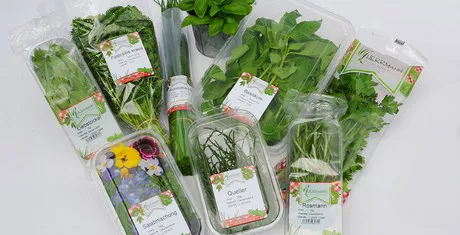
Herrmann Kräuter is a fourth-generation herb processor, growing herb and cress varieties on 350 hectares (of which 9.5 hectares is protected cultivation). The company supplies packaging companies throughout Europe, as well as catering suppliers and food retailers. In summer, a good 150-200 tons of herbs per week are processed. In winter additional goods from Italy, Spain, Kenya, Israel and Morocco are purchased to meet the demand. "We package 25 different kinds of herbs and 8 of cress, 365 days a year."
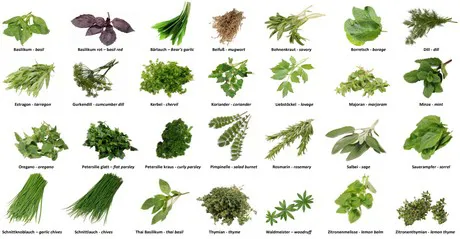
"Currently, weather conditions in Spain and Italy are rather hard, so procurement from European countries is problematic," says Thomas Herrmann, who handles buying and selling in family business. "In the summer, we can supply the market for 99% with our own products." The herbs are then shipped from Neuss almost daily to 14 European countries.
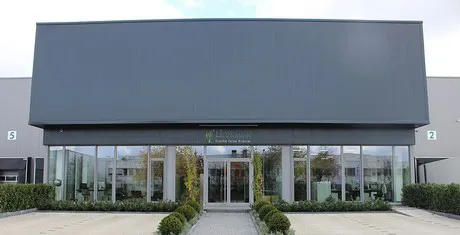
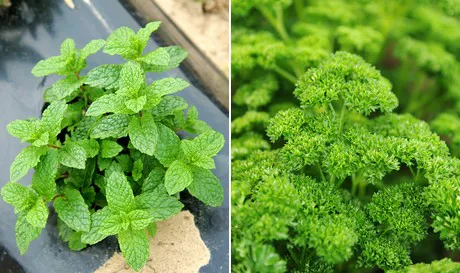
"We also have more exotic varieties, such as Queller and Thai basil, originally more appealing to the catering industry, but these varieties are now showing some growth in retailing through the food and beverage industry, while traditional herbs are declining," says the expert.
The very special varieties have not yet prevailed there, says Herrmann, but herbs such as marjoram and oregano are experiencing an upturn. "We also work a lot with cookware suppliers, who are also driving demand for varieties like marjoram, oregano and lovage."
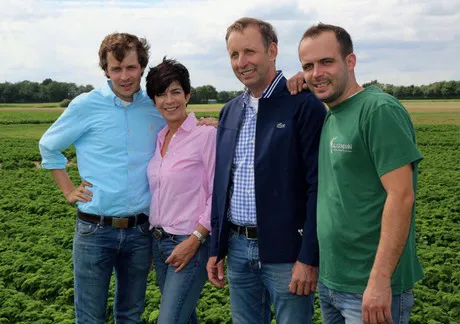
Herrmann Kräuter also offers ready-made herbal mixtures as a convenience product for retailers. "We have a salad mix, for example, with sorrel, chives, parsley and dill. In addition to the salad mix, we have, for example, soup and mussel herbs, as well as Asian and Mediterranean mixes."
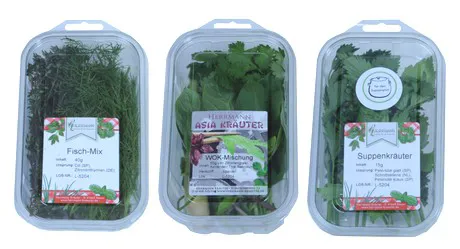
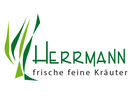
Thomas Herrmann
Herrmann Kräuter
Blindeisenweg 12
41468 Neuss
Phone: 02131 - 391 88
Web: www.herrmann-kraeuter.de/
E-Mail: [email protected]
